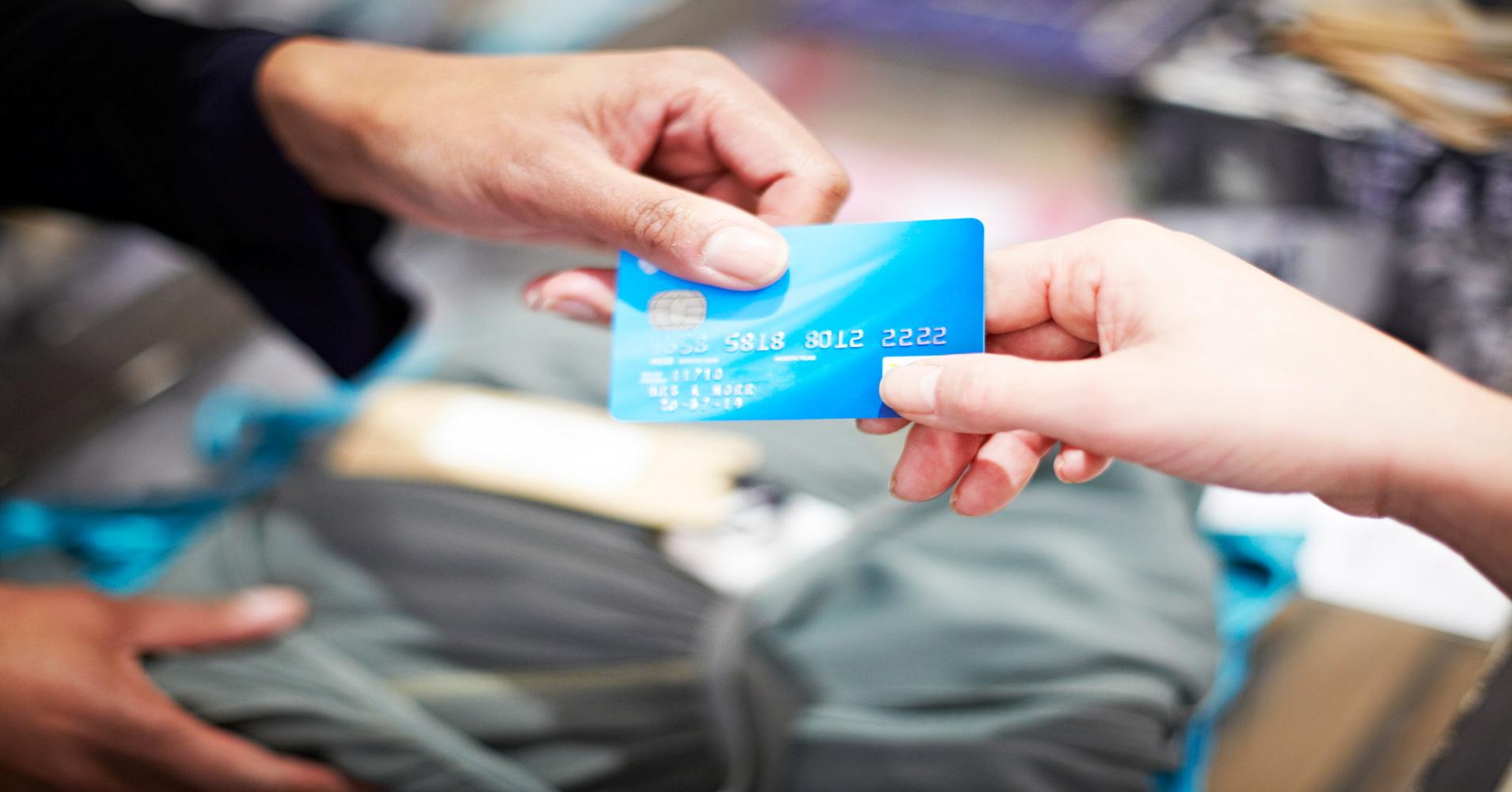
Small business merchants that aren’t familiar with the nationwide switch from magnetic stripe credit cards to EMV chip cards may want to get a crash course on what it can mean for their business. Beginning October 1, 2015, business owners could be liable for fraudulent transactions that occur when a customer uses a credit card with an EMV chip if the business doesn’t have a chip-enabled card reader. While it isn’t required, small business owners may want to make the move to an EMV card reader to better protect their customers and themselves.
EMV (which stands for Europay, MasterCard, Visa) cards are similar to standard magnetic stripe cards, but with added security. In the wake of many high profile security breaches (see our blogs on Starbucks, Target, Home Depot for reference), EMV cards are said to make it difficult for fraudsters to acquire a consumer’s sensitive data and create counterfeit cards. The cards are equipped with chips that store encrypted information about the card holder and issuer. Each time the card is used, the chip generates a unique, one-time, authenticated encrypted signature that is difficult to duplicate.
Payment processors have set an October 1, 2015, deadline to switch to EMV. At that time there will be a “liability shift”, which means the card issuer will no longer absorb the cost if a merchant processes a fraudulent card—the merchant will. For example, if a shyster uses a counterfeit EMV chip card to purchase $1,000 worth of goods from a merchant that does not have an EMV card reader to process the transaction, the merchant is responsible for the $1,000.
EMV terminals are equipped to read both EMV chipped cards and magnetic stripe only cards, so once the reader is upgraded, both types of transactions can be processed. The cost to switch to EMV technology varies. A basic EMV reader can cost as little as $30, while other more sophisticated equipment can cost around $300. It is important for merchants to shop around and compare prices and functions before choosing a machine that best fits their needs. Merchants will also need to complete EMV certification through EMVCo for each of the credit issuers that they plan to accept payment from. The cost and time it takes to receive certification varies.
Although it may be difficult for a small business to take on additional expenses, owners may find it worthwhile to make the switch. Merchants may want to contact their current card service provider for any discounts or specials they may offer. Or take the time to search out a better alternative to your current provider. Business Consumer Alliance’s member directory has several merchant credit card processing businesses you may contact for a quote.
If you’re a business operator, BCA would like to hear your opinion on the topic. Share your opinion about the switch on our website.
About Business Consumer Alliance
Business Consumer Alliance (BCA) is a non-profit company that started in 1928. The broad purpose of BCA is to promote business self-regulation. BCA's mission is achieved by assisting consumers in resolving complaints with businesses and using that complaint information, along with other relevant information such as customer reviews, to forecast business reliability. With community support, BCA can identify trustworthy and ethical businesses and warn the public to avoid unscrupulous businesses whose purpose is to defraud the marketplace. BCA also helps businesses promote themselves by providing services and tools to protect their business and reach out to their customers. BCA obtains its funding from member businesses who support the mission and purpose of the organization and who agree to abide by high standards of ethical business practices.